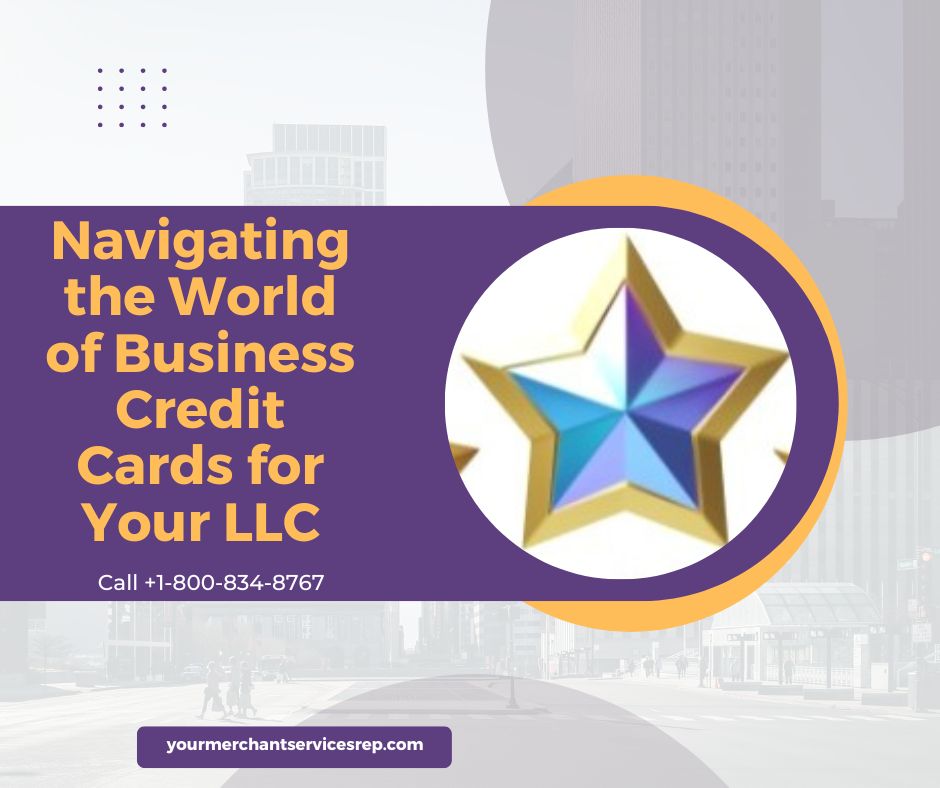A Beginner's Guide to Getting a Business Credit Card - Call +1-800-834-8767
As a small business owner, it's important to be smart about how to get a business credit card and how you approach your finances. One way to do that is by using a business credit card. But before you get started with any new account, there are a few things you should know about the possible benefits—and risks—of using one of these cards for your business.
You need to establish a business.
In order to qualify for a business credit card, you need to establish your business as a legal entity. This means getting a business license and registering with the appropriate government agencies (like the IRS). It also involves opening up a bank account in the name of your new company.
Here are some tips on how to do this:
Get an EIN number.
An Employer Identification Number (EIN) is a tax identification number that you need to open a business bank account. It's also used as a substitute for your Social Security Number when applying for credit cards as well as other financial products.
The best way to get an EIN is by visiting the IRS website and filling out Form SS-4, which can be accessed here: https://www.irs.gov/businesses/small-businesses-self-employed/employer-id-numbers-(eins). You can also call 1-800-829-4933 if you prefer speaking with someone over filling out paperwork on your own computer screen! Once you've obtained your EIN, it's recommended that you store it somewhere safe so that there aren't any issues later on down the road when trying to apply for loans or credit cards online--or even just opening up another bank account somewhere else!
Set up your accounts online and get new cards as needed.
Get a business checking account.
Get a business credit card.
Open an online savings account for the business if you don't already have one. This can help keep your business funds separate from personal funds and make it easier to manage them later on.
If you have employees, get them their own cards as well!
Never apply for a credit card in your personal name.
The first thing you need to remember when applying for a business credit card is that the bank will want to know that you are a legitimate business owner. If you apply for a credit card in your personal name, it will be declined because the bank does not feel confident about giving out credit cards to individuals who may not pay them back (and thus, lose money).
However, if you apply for a card under your company's name and provide some sort of identification that proves that this is indeed an active corporation or LLC (for example articles of incorporation), then there should be no problem getting approved!
Don't close any old accounts, especially credit card accounts.
Don't close any old accounts, especially credit card accounts.
If you're just starting to build your credit history, the last thing you want to do is close old accounts and have them disappear from your report. That would be like taking all of those steps backward! The only exception is if one of those cards has a high annual fee or an annual interest rate that's higher than 20%. If either of those things is true, it might make sense to consider canceling the card and opening a new one with better terms instead--but only after doing some research into whether there are any benefits associated with keeping this particular account open (like frequent flyer miles).
Be smart about how you approach business credit cards
If you're a small business owner, the best way to get started with business credit cards is to make sure your personal and professional finances are separate. If this sounds like a lot of work, it's because it is! You'll need to create an LLC or corporation to protect yourself from liability if something goes wrong (and trust us--it will). But don't worry: It's not as complicated as it sounds. You can find out how here.
Once that's done, make sure all of your accounts are set up properly and ready for use before applying for any new cards in order to avoid any hiccups down the line. You should also have an idea of what type of card makes sense for what kind of business; some options include rewards-based cards with high annual fees but low-interest rates; no-annual-fee rewards cards; cash-back options; even zero percent balance transfer rates! The possibilities are endless when it comes to choosing between different types of credit cards available specifically tailored toward small businesses like yours.*
Conclusion
Hopefully, this guide has helped you understand the basics of getting a business credit card. If you have any questions about the process or want more information on how to apply for one, feel free to contact us at YMSR.




Comments
Post a Comment